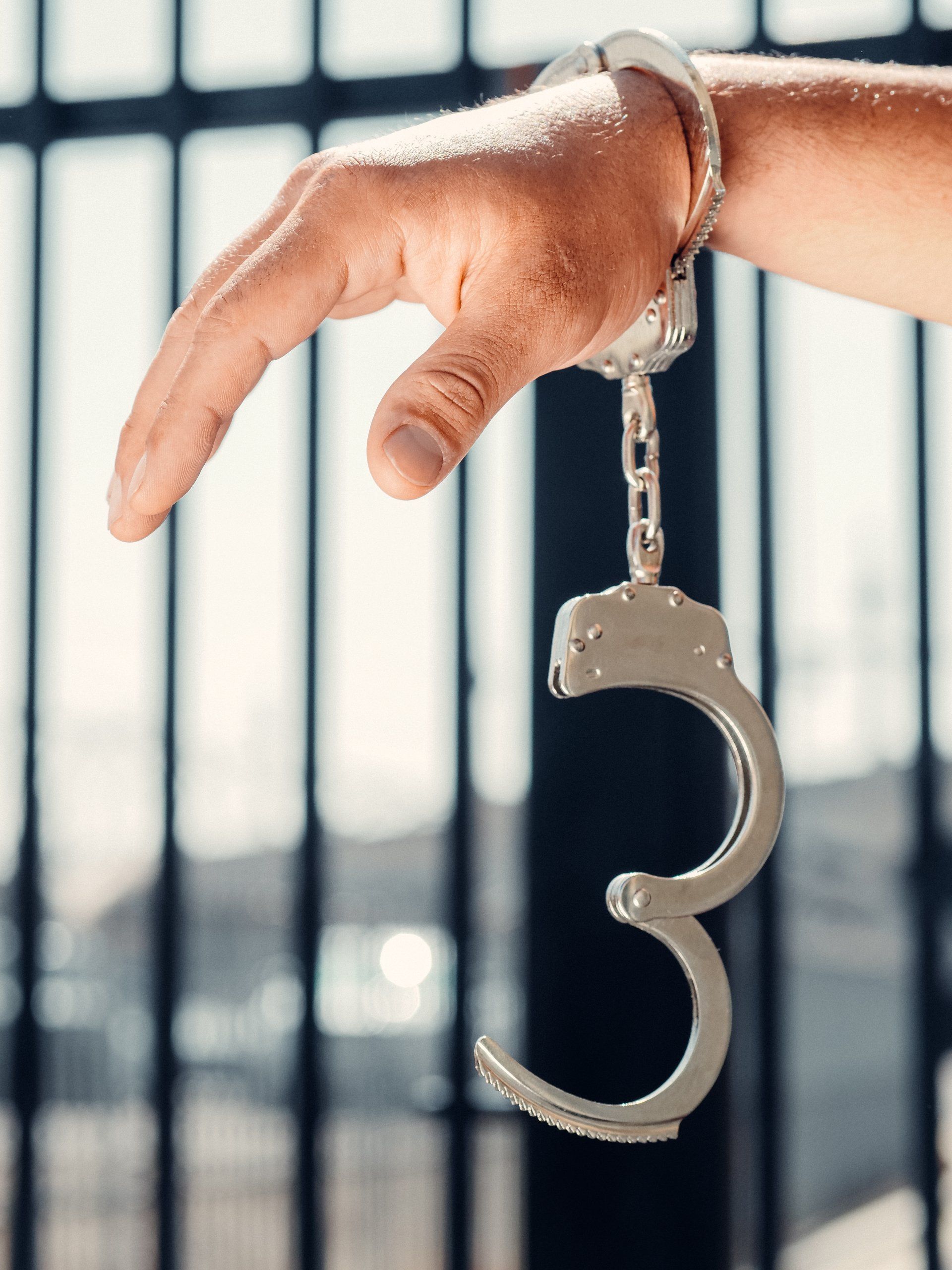Call Us (910) 228-4440
What is Bail?
Bail is a term used in the criminal justice system to describe the release of a defendant from custody while awaiting trial.
When someone is arrested and charged with a crime, they are often held in jail until their trial date. However, the United States Constitution guarantees that defendants are innocent until proven guilty, and as such, many defendants have the right to be released on bail.
Bail is a sum of money that is paid to the court as a guarantee that the defendant will appear for all scheduled court appearances. The amount of bail is determined by a judge and varies based on several factors, including the nature of the crime, the defendant's criminal history, and the likelihood of the defendant fleeing the area.
If the defendant appears in court as scheduled, the bail is returned at the end of the trial. However, if the defendant fails to appear in court, the bail is forfeited and a warrant for their arrest is issued.
In cases where the defendant cannot afford to post bail, they may be held in jail until their trial date. This can result in the defendant spending weeks or even months in jail before their case is heard. This can be particularly devastating for individuals who are innocent of the charges against them, as they may be unable to work, support their families, or mount a proper legal defense while in custody.
To address this issue, some jurisdictions offer alternatives to cash bail, such as pretrial release programs or supervised release. These programs are designed to ensure that defendants are not held in custody simply because they cannot afford bail.
In conclusion, bail is a sum of money paid to the court as a guarantee that a defendant will appear for all scheduled court appearances. The amount of bail is determined by a judge and varies based on several factors. For defendants who cannot afford bail, the alternative is often extended time in jail, which can have severe consequences. Pretrial release programs are one solution to this issue, and can ensure that defendants are not held in custody simply because of their inability to pay bail.

Contact info
All Rights Reserved | Aries Bail Bonding, LLC

